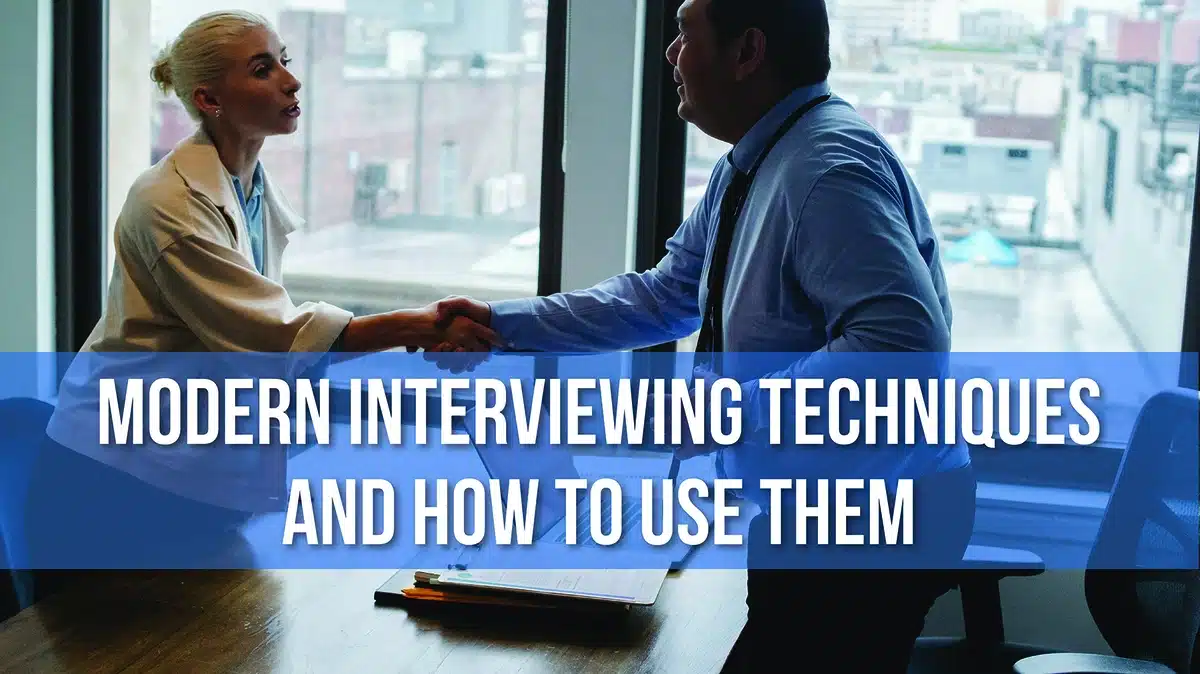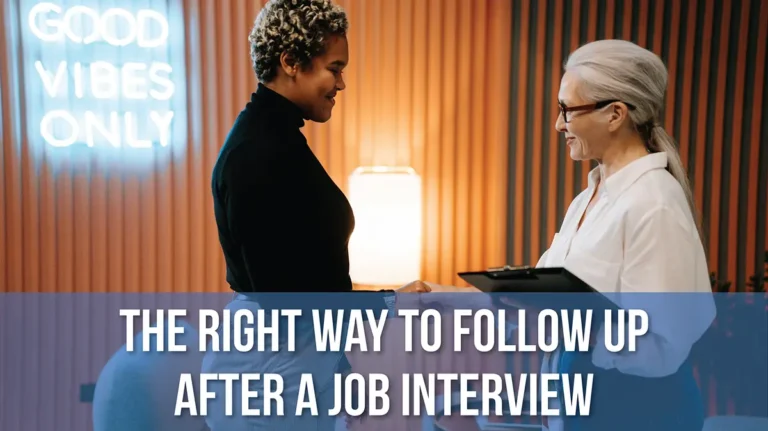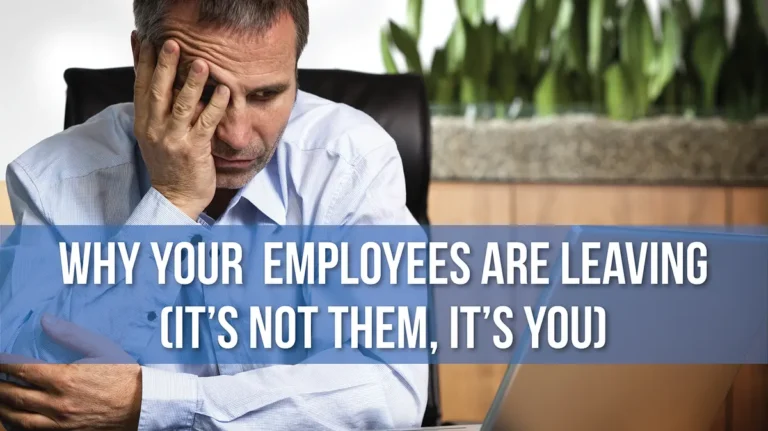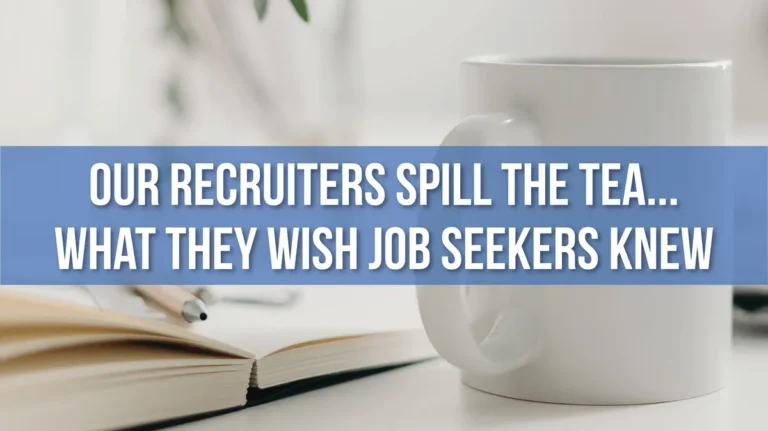Modern Job Interviewing Techniques and How to Use Them
As with so many aspects of today’s labor market and workplace culture, the techniques for interviewing candidates have recently shifted.
Gone are the days where candidates will tolerate a complicated and lengthy interview process. Instead, they expect a simple process that’s executed quickly and efficiently. Employers requiring candidates to jump through hoops to apply and interview are missing out.
With a simple, efficient interview process proving successful for most employers, it’s more important than ever to conduct a thorough interview from the start that will provide the best information for deciding whether to extend a job offer or not.
That’s where your job interviewing technique becomes critical. There are different techniques and types of interviews – see what might be best for your style, your company and your open position.
Behavioral Interviews
The goal of a behavioral interview is to get insight into how a candidate thinks and acts. This type of interview focuses on behavior under different circumstances and will shed light on how a candidate might deal with conflict and its resolution, failure and success, and different management styles.
To prepare for conducting a behavioral interview, have a list of real-life situations and related questions ready to go. If it’s going to be a group interview, make sure everyone participating has the questions ahead of time so they can prepare potential follow up questions and take notes.
Case Interviews
Case interviews are typical for managerial, consulting and senior positions, and focus on a candidate’s ability to manage a specific type of situation. There’s rarely a single correct answer for this style of interview question, and the questions will depend greatly on the position you’re interviewing for.
A case interview is meant to discover how a candidate might interpret a situation, understand the problems, and come up with a practical working solution. Prepare for this style of interview by coming up with a few problem-based scenarios to discuss with your candidates. Think through the details ahead of time… it’s likely they’ll ask questions to better help them come up with a solution.
Competency-Based Interviews
The goal of a competency-based interview is to discover candidates’ soft skills and core competencies, such as communication, leadership, teamwork, and time management. Having a list of questions about the specific skills the position will require is helpful, but be prepared to ask questions based around the skills and achievements listed candidate’s resume as well.
Remote Interviews
Remote interviews have skyrocketed in popularity over the past couple of years, and your ability to offer this type of interview will greatly expand your potential candidate pool. Phone interviews have been around for a while, but video interviews have quickly replaced phone calls as the new norm.
If you’re interviewing for remote positions, remote interviews are a must. But even if the position isn’t fully remote, offering this option may make it easier to connect with the ideal candidate. Have your interview platform ready to go, and practice sending an appointment link ahead of time. Keep in mind a candidate will be assessing you just as you’re assessing them, so you want to show your company in the best light possible.
Working/Evaluation Interviews
The goal of a working interview is to see, over a period of time, how a candidate will truly handle being in that specific role; it provides working insight into how well they might fit in with your team and company culture.
This type of interview is usually conducted in partnership with a Recruiting Agency, and allows you to put your candidate to work quickly for an evaluation interview without having to hassle with paperwork or onboarding red tape until you’re ready to make a job offer.
Candidates expect simplicity and efficiency from employers these days. They aren’t going to jump through hoops to submit an application or wait around to hear about scheduling an interview, or even for a job offer.
Having a simple, efficient interview process is important for winning in today’s labor market… but so is being on top of your interviewing game. Be prepared to conduct a thorough and informative interview that’ll enable you to make an educated and efficient hiring decision so you don’t miss out on snagging top talent.








